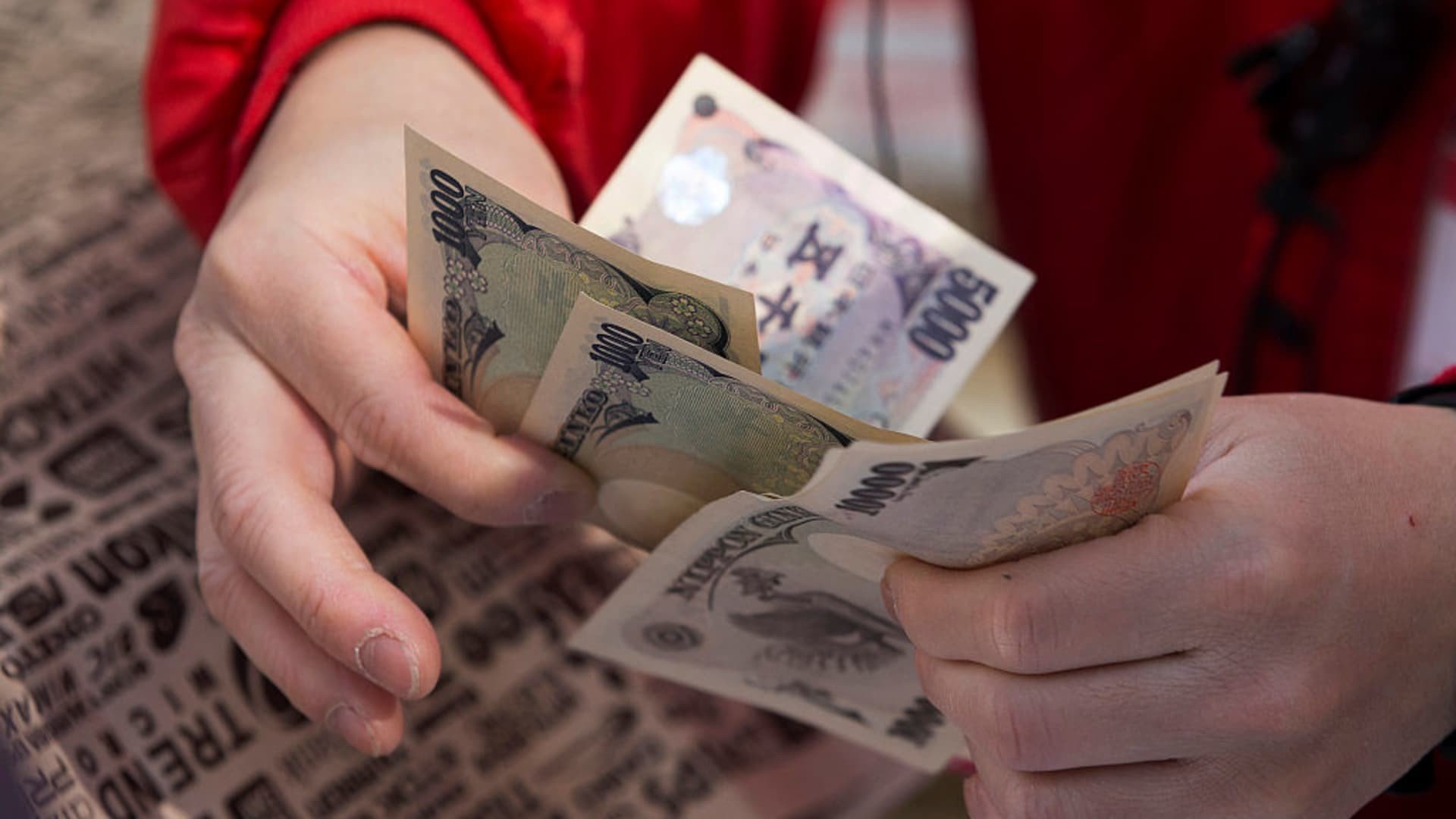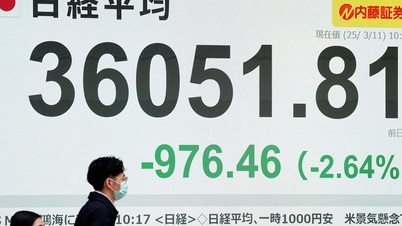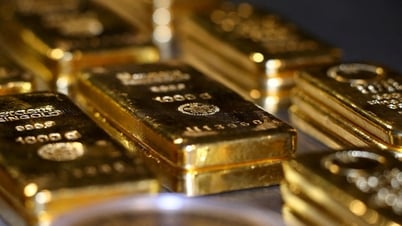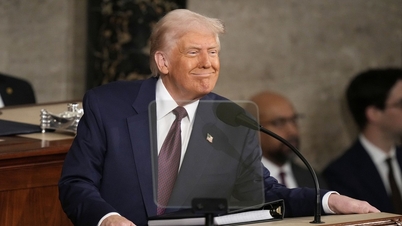Historically, the Japanese Yen has beaten the USD, Swiss Franc, gold, Treasury bonds and the EUR – the most popular safe-haven assets – in most of the period leading up to US elections.
 |
| The trend of traders turning to the Yen during volatile markets continues. (Source: Reuters) |
According to analysis, in the run-up to the upcoming November 5 vote, the Yen has once again been the best performing currency during a period of "extreme market stress".
The trend of traders turning to the yen in volatile markets continues, despite it being the worst-performing currency among the 10 major currencies this year.
In the betting markets, former US President Donald Trump has now surpassed Democratic candidate Kamala Harris, leaving investors to consider what a second Trump term would mean for global assets.
A clear election result may not be announced until after voting day, creating the risk of increased market volatility and fueling a flight to safe-haven assets.
“The yen is the safest haven in the US election,” said Ales Koutny, director of international rates at Vanguard, the world’s second-largest money manager based in London.
He sees the Japanese currency as having more upside potential against the Swiss franc, “because tariffs in Europe are much higher than in some friendly countries in Asia.”
Investors say the yen still has key strengths. Japan’s record current account surplus of 3.002 trillion yen ($20 billion), ample yen liquidity and relatively low inflation make the world’s third-most traded currency attractive as a store of value.
Tariff risks are also a boon for the yen. Japan largely avoided Trump’s threat of import tariffs during the election campaign, which had raised concerns among investors about the potential damage to assets in target countries.
In addition, with an exchange rate of about 154 Yen to 1 USD, the Yen is at a record low price, creating conditions for this currency to increase in value if the market fluctuates strongly or there is government intervention to support this currency.
The Bank of Japan (BoJ) is the only central bank among developed economies currently looking closer to raising interest rates as its next policy move.
Pictet Wealth Management warns that the risk of the euro falling to parity with the dollar is increasing, due to concerns about a potential trade conflict with the US.
Meanwhile, the Swiss franc is less liquid than the yen and gold prices are near record highs, so the potential for strong gains in these assets could be limited if markets collapse.
Of course, there are also those who object to the appeal of the Japanese currency.
US Treasuries are better positioned to withstand any sell-off stemming from a Republican victory in the upcoming election, according to Morgan Stanley.
The dominance of the US dollar is difficult to challenge, as the US currency accounts for 88% of transactions in the foreign exchange market, worth up to 7.5 trillion USD per day.
But Naomi Fink, global strategist at Nikko Asset Management, one of Tokyo’s largest asset managers, said: “The yen remains a safe haven. If risks abate, I expect the yen to appreciate and the carry trades in this currency to gradually reverse.”
Source: https://baoquocte.vn/bau-cu-my-2024-thi-truong-cang-thang-cuc-do-phat-hien-dong-tien-chien-thang-lich-su-da-chung-minh-292431.html





![[Photo] "Lovely" moments on the 30/4 holiday](https://vphoto.vietnam.vn/thumb/1200x675/vietnam/resource/IMAGE/2025/5/1/26d5d698f36b498287397db9e2f9d16c)
![[Photo] Binh Thuan organizes many special festivals on the occasion of April 30 and May 1](https://vphoto.vietnam.vn/thumb/1200x675/vietnam/resource/IMAGE/2025/5/1/5180af1d979642468ef6a3a9755d8d51)


























![[Photo] Ha Giang: Many key projects under construction during the holiday season](https://vphoto.vietnam.vn/thumb/1200x675/vietnam/resource/IMAGE/2025/5/1/8b8d87a9bd9b4d279bf5c1f71c030dec)


































































Comment (0)